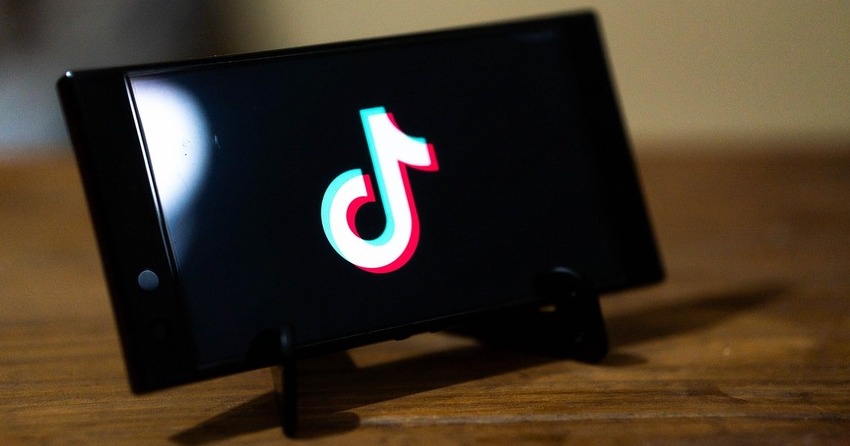
77% of Employees Say AI Creates More Work for Them
Upwork’s Workplace Intelligence Survey unveiled a mismatch between executives’ high expectations of AI’s ability to improve efficiency and employees experiencing AI-related burnout and decreased productivity.
As many as 96% of C-suite leaders expect AI adoption to increase company productivity. On the contrary, 77% of employees say AI tools have increased their workload and decreased their productivity, and 47% have no idea how to leverage these tools to meet their employers’ expectations for productivity gains. In general, 40% of employees feel their company has unrealistic expectations about AI.
Eighty-one percent of C-suite executives admit pushing their employees to do more over the past year, with 37% demanding the workforce to increase output with the help of AI tools.
As a result, 71% of employees reported feeling burnt out, and 65% struggled to meet the rising demands. Upwork warns the problem lies in “introducing new technology into outdated models and systems.” Only 26% of leaders have employee AI training programs, and as few as 13% have a fully-fledged AI strategy.
Despite the lack of proper training and strategies for AI adoption, 39% of surveyed companies have made AI use mandatory among their workforce. Additionally, 46% have encouraged employees to implement AI into their workflow.
Eighty-one percent of executives at companies that have adopted AI report an increase in productivity, compared to only 42% of leaders of companies that haven’t. Still, half of companies using AI believe they are falling behind their competitors, and just as much feel their workforce lacks the skills to adopt AI to the fullest potential, resulting in stagnant productivity levels.
Interestingly, 37% of executives at companies that use AI claimed their workforce is “highly” skilled and comfortable with AI. Yet, only 17% of employees confirmed this skill and comfort level, while 38% said using AI at work feels overwhelming.
This data seems consistent with the productivity paradox over the years, where implementation of state-of-the-art technology hasn’t necessarily yielded an increase in efficiency. A steep learning curve, lack of investments in workforce development, and misalignment between technology and business processes are just a few factors contributing to declined productivity despite technological advancements.
Upwork’s research suggests leveraging freelancers to reap the benefits of AI. Independent talent reports higher proficiency in AI tools compared to full-time employees. Nearly half of executives confirm this, reporting they’ve relied on freelancers to execute delayed AI projects over the past year and experienced tremendous increases in organizational agility, work quality, innovation, scalability, revenue, and efficiency.
Other solutions Upwork suggests for bridging the AI gap between leaders and employees are companies co-creating productivity measures with workers and rewarding skills rather than job roles.














